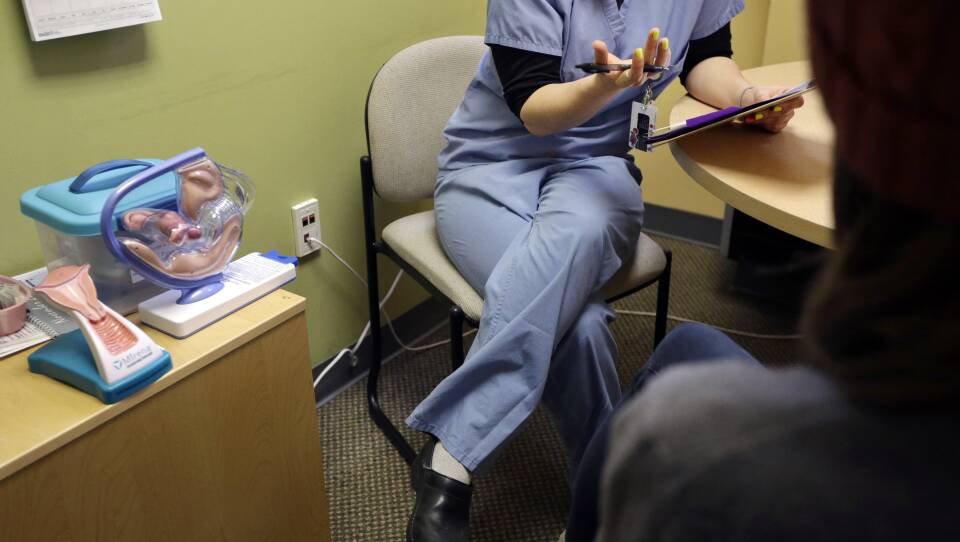Workers at Massachusetts’ four Planned Parenthood clinics voted to unionize on Wednesday.
With an overwhelming 98% vote, about 200 employees — ranging from frontline health care workers to patient navigators — will become members of Local 1199 of the Service Employees International Union. They had been talking with Local 1199 since the start of the year and filed with the National Labor Relations Board in mid-May.
Workers at the Planned Parenthood League of Massachusetts maintain that a union is necessary to retain staff in the face of the Supreme Court’s recent ruling that overturned Roe v. Wade and the likely influx of people seeking abortions in Massachusetts after other states ban the procedure. Staff are seeking a contract with lower staff-to-patient ratios, guaranteed raises and increased benefits, among other changes.
“When you get down to the nitty-gritty, it’s a nonprofit, lower-paying job,” said Cara Callahan, lead organizer of the union, “but we have so many individuals who care about doing this work.”
Callahan said she and her colleagues have been concerned about safe staff-to-patient ratios for some time. She said Planned Parenthood clinics in Massachusetts have already seen an influx in patients since the fall following a wave of abortion criminalization laws, like the Texas ban on abortion as early as six weeks into pregnancy. Callahan stressed that even if a woman lives close to a state where abortion is legal, she may be unable to get an appointment due to increased demand — which pushes patients further from home while adding stress on clinic staff.
“Unionizing felt like a way that we could help patients have a voice before they even get to us,” she said. “We want to serve as many people as possible, but we want to do it in a way that is safe and we want to do it in a way that is sustainable.”
On June 1, Jennifer Childs-Roshak, CEO of PPLM, sent an email urging all employees to vote against unionizing. She stated the organization would “honor the results of the election” but added that managerial staff would have to work with “a third-party intermediary … that isn’t directly informed or involved in PPLM’s day-to-day operations and needs.”
Callahan said Childs-Roshak’s concerns are valid but she believes leadership can also be disconnected from day-to-day work. She hopes PPLM leaders take their cues “from the folks on the ground doing the work [and] talking to the patients.”
An emailed statement from PPLM shortly after the decision was announced said managers respect the employees’ decision and “remain committed to making the best decisions possible for all of our employees, patients, and communities.”
Tim Foley, executive vice president for 1199 SEIU, lauded the results of the vote.
“The goal is for us here is to work together with their employer to ensure that the workforce [is] prepared, ready, trained and fairly compensated so that we can continue to provide important services for women that we know we're just going to be accelerating with a recent decision,” he said.
Callahan credited social media as a tool to develop relationships with Planned Parenthood workers in other states who are in the process of unionizing. SEIU already represents Planned Parenthood workers in states like Oregon and New York. Callahan expects other clinics to follow suit.
“I think this is a domino effect,” she said, “and I think that more affiliates are going to realize that unionizing allows us to have more control and more say in how we go about living these missions and values.”








